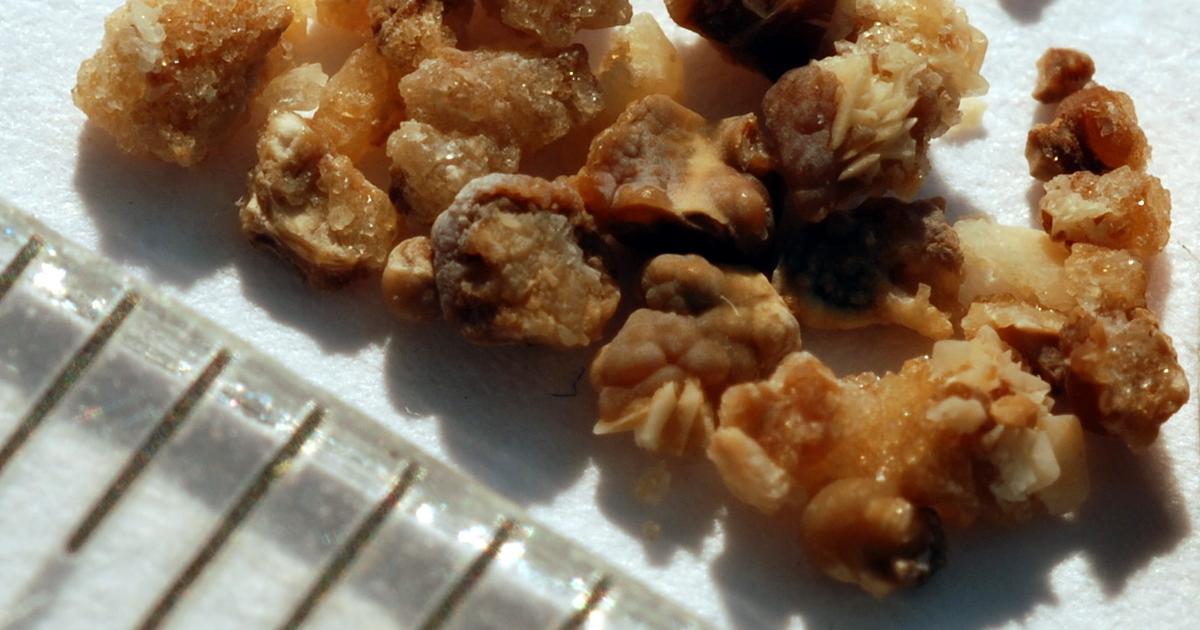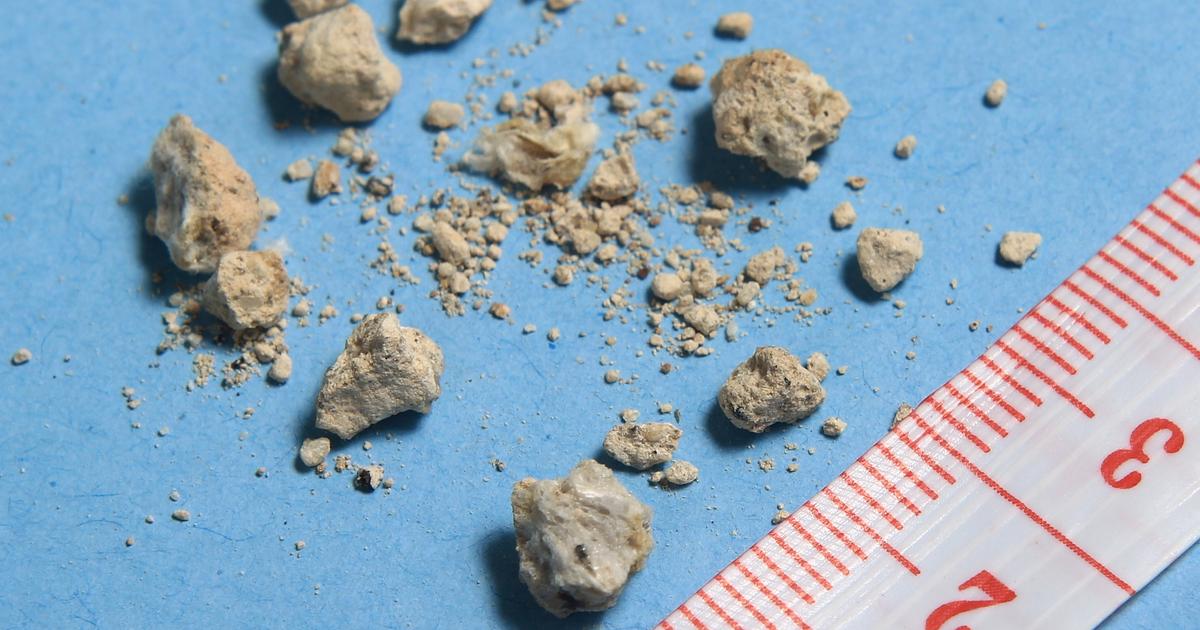Guide To The Types Of Kidney Stones
Kidney stones are solid, crystal-like deposits that can form anywhere in the urinary tract. They most often form in the kidneys, and they could develop as a result of dehydration or an excessive amount of certain substances in the urine. Kidney stones are most common in patients who are twenty to fifty years old, and individuals with obesity, inflammatory bowel disease, and hyperparathyroid conditions are at an elevated risk of developing these stones. Patients who have had gastric bypass surgery are also more likely to have kidney stones than individuals who have not had this operation. To diagnose kidney stones, doctors typically perform an ultrasound, urine tests, and blood tests. Depending on the size and location of the stones, they may pass normally through urination. Large stones may require removal with tunnel surgery or a lithotripsy procedure.
The major types of kidney stones are described below.
Calcium Oxalate Stones

Calcium stones are the most common type of kidney stones, and these stones are usually formed of calcium oxalate, a naturally occurring substance found in many foods, and it is manufactured by the liver each day. Calcium oxalate stones form if there is an excessive amount of calcium oxalate in the urine. Gastric bypass surgery, metabolic disorders, large doses of vitamin D, and dietary choices could all increase the risk of this type of stone. Patients at a high risk of calcium oxalate stones may be advised to monitor and reduce their intake of foods high in oxalate, which include potato chips, beets, bran flakes, nuts, nut butters, rhubarb, and French fries. Most vegetables naturally have some calcium oxalate in them, so it is virtually impossible to eliminate this substance from the diet. While controlling oxalate is important, doctors advise that patients at high risk for kidney stones also increase dietary calcium intake to prevent stone formation.
Keep reading to learn more about the various types of kidney stones now.
Calcium Phosphate Stones

Calcium phosphate stones are a less common form of calcium stone. They constitute an estimated ten percent of all kidney stones and an estimated fifteen percent of all calcium stones. Doctors believe a high urine pH is one of the major causes of calcium phosphate stones. Some individuals with these types of stones have pre-existing kidney conditions such as incomplete renal tubular acidosis, hypocitraturia (low urinary concentrations of citrate), or distal renal tubular acidosis. Patients who take topiramate and other types of carbonic anhydrase inhibitors for the treatment of epilepsy are more likely to develop calcium phosphate stones. Individuals who have migraines are believed to be at an elevated risk of these stones as well. To treat calcium phosphate stones, doctors recommend increasing urinary volume and restricting sodium intake to reduce the amount of calcium excreted through the urine. Supplementation with citrate is advised as well.
Get more details on the different types of kidney stones now.
